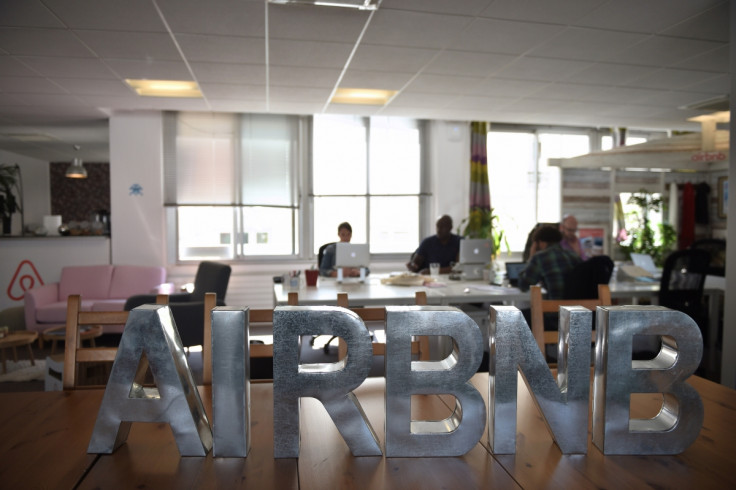Airbnb cracks down on London hosts who ignore 90 days planning rule
Planning rules state entire homes available for holiday lets for over 90 days must get council permission.

Airbnb will introduce new controls for its hosts in London to prevent them breaking planning laws by making homes available for longer than the rules allow. The shake-up comes ahead of a meeting in January between City Hall and Airbnb executives to discuss the impact the holiday lets platform is having on the London's housing crisis.
Planning law states that homes intended to be available for holiday lets for more than 90 days in a year must secure permission from the local council by converting the property's use class. There are 14,608 entire homes with availability of 90 days or more during the year out of a total of 49,348 listings in London, some of which are duplicates, according to data from the independent researcher Inside Airbnb.
In a message to Airbnb hosts in London, the firm said it will introduce "new and automated limits" to prevent entire homes from being listed as available for more than 90 days in a year unless evidence is produced to show planning permission has been granted.
"We firmly believe this step will help build a better London for everyone and work is already underway to implement these measures, which will be in place by spring 2017," said the firm in a blog post. "We want to be good partners to London and continue to lead our industry on this matter, and ensure home sharing grows responsibly and sustainably."
City Hall and London borough councils are concerned that some landlords had switched from the private residential sector to more lucrative holiday lets on Airbnb and similar services, depleting the rental supply in a city where rents have risen sharply because of a housing shortage.
Across the world, city authorities have imposed new regulations on holiday lets in response to the rise of Airbnb, but London is yet to make any such move. Now Airbnb has committed to cracking down on those letting without planning permission, the threat of regulation may have receded.
Tom Copley, a Labour member of the London Assembly and the party's housing spokesperson for the city, who brokered the upcoming meeting with Airbnb, had previously called for the firm to "actively enforce the 90-day rule".
"We knew that short term lettings sites had been abused by professional landlords, we talked to Airbnb, and they've listened," he said in response to the latest news.
"Flawed legislation from the previous government has seen some landlords effectively turning their properties into hotels without planning permission. With local authorities lacking the necessary resources to enforce the 90 day limit on short term lettings we needed Airbnb and other operators to step in and help.
"Airbnb are no longer the only short term lettings service operating in London. We now need to see other services follow their example and ensure their hosts cannot break the law by letting out properties short-term for more than 90 days per year."
The change will not impact those who let out spare rooms within their own property, or who have availability of fewer than 90 days in a year on an entire home.
"We have raised concerns over this issue on a number of occasions, including with the Mayor of London, and I welcome this move by Airbnb, which will block large-scale and professional landlords from abusing the platform to run backstreet hotels," said Iain Wright MP, chairman of the House of Commons Business, Energy and Industrial Strategy Committee.
"By flouting rules to which competitors are required to adhere, these landlords potentially restrict housing supply, drive up rental prices and gain an unfair competitive advantage over hoteliers.
"The growth of companies such as Airbnb make an increasingly important contribution to the UK economy and bring positive consumer benefits, but it's important we ensure there is a level playing field.
"In some instances the law may need to change to keep up with disruptive technologies but in others it is simply a matter of enforcing existing rules. In Airbnb's case, it has rightly responded to criticism by taking responsibility itself for this enforcement. The committee is keen to see how effective this will be in practice."
© Copyright IBTimes 2024. All rights reserved.






